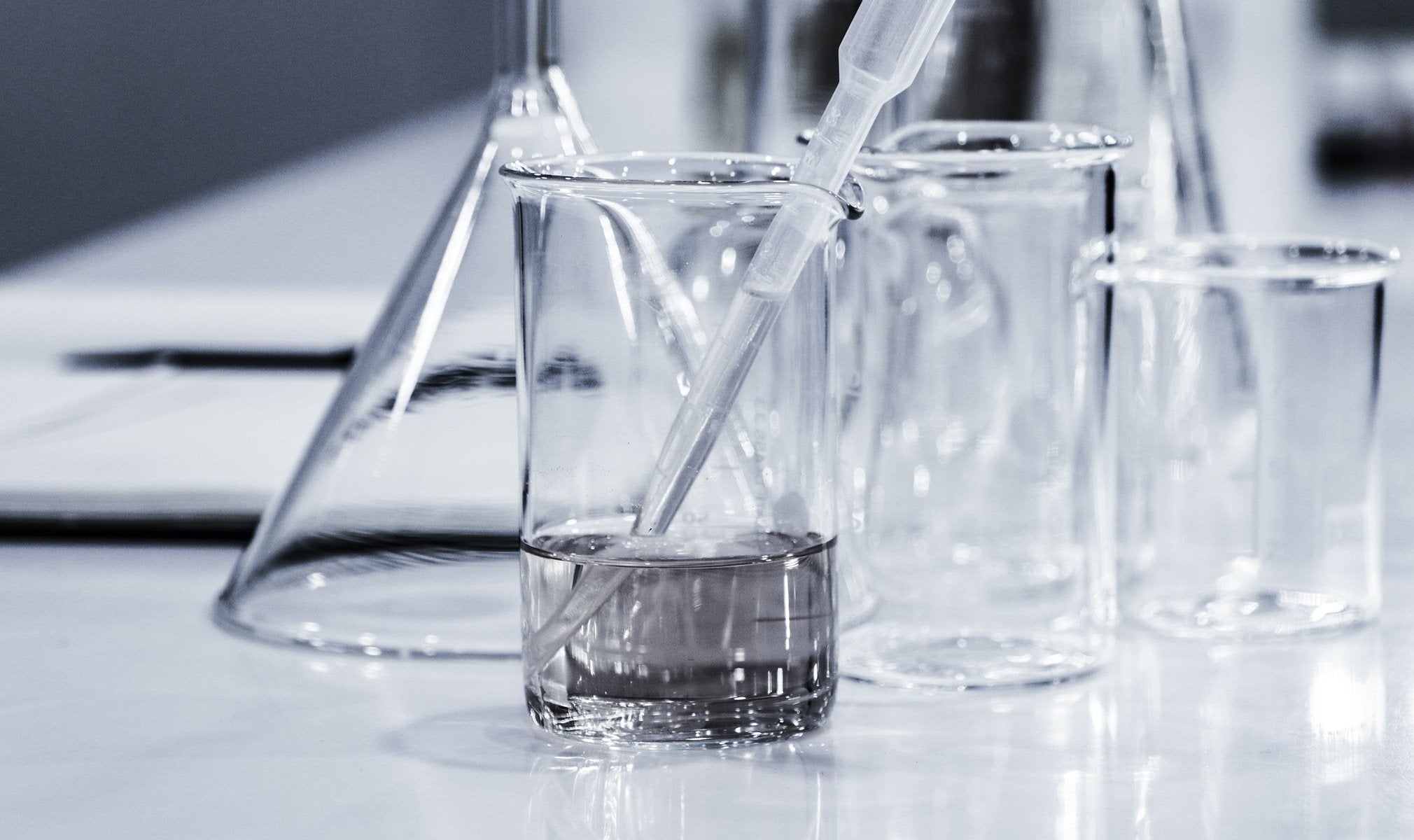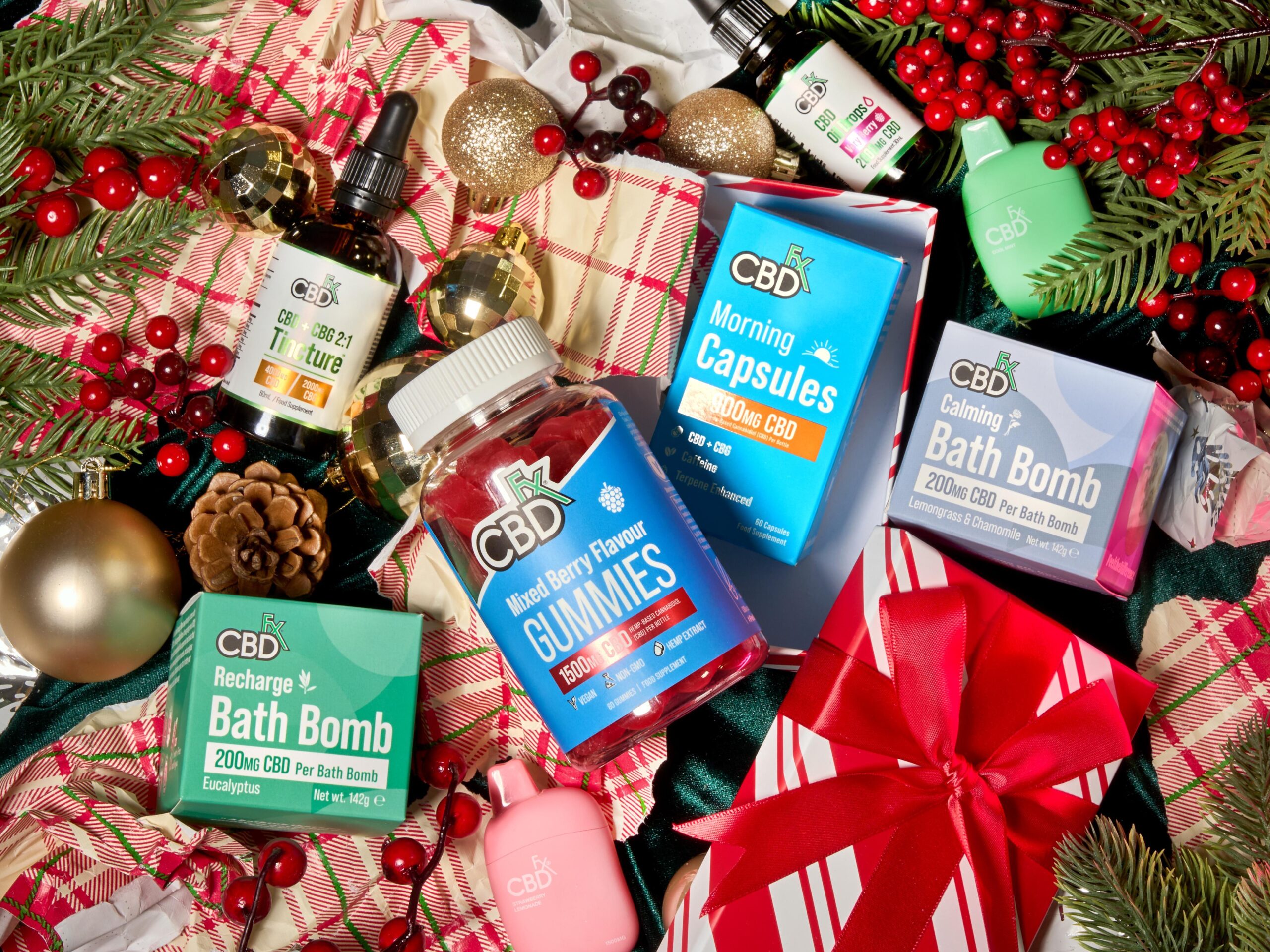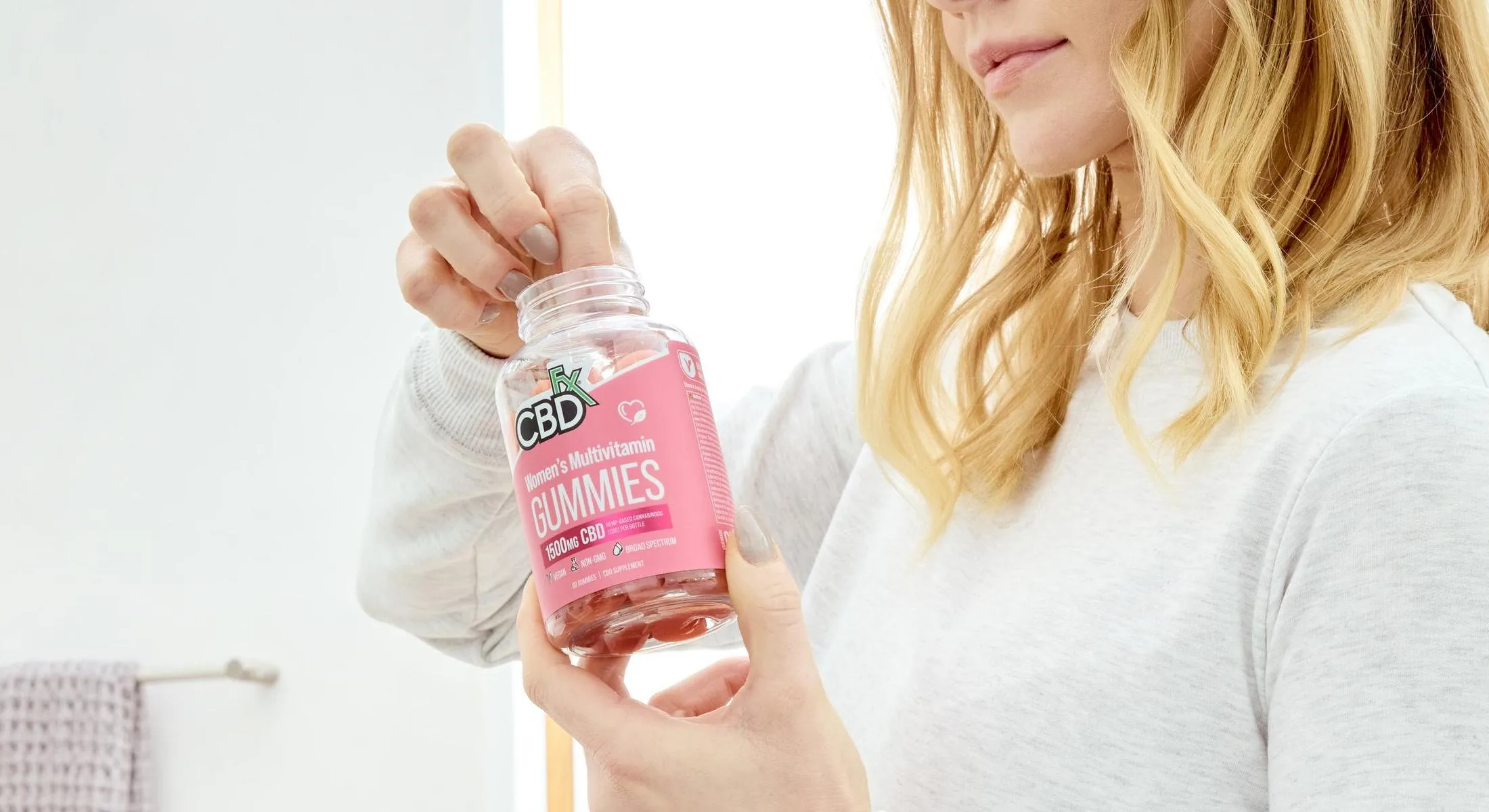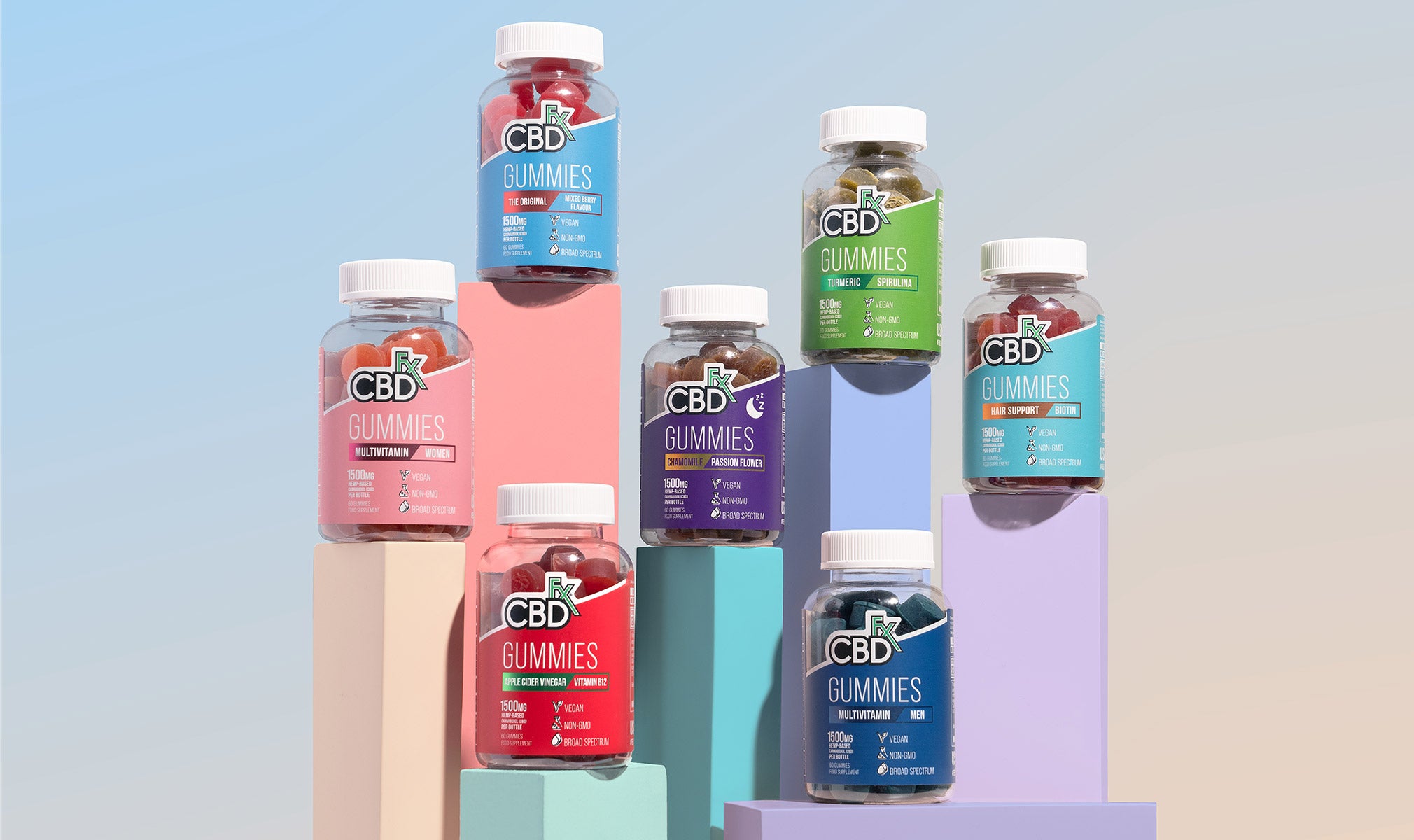While CBD is a well-known and prominent compound in hemp products, you may have wondered, “what is Delta-9 THC?”
When it comes to the cannabis plant, there’s no shortage of controversy. Some people have labeled cannabis as unstable and dangerous throughout history—THC is the reason.
There still hasn’t been an overdose associated with it, but it is crucial to understand how THC applies to cannabis products. To be clear, THC has psychoactive effects, so if you smoke or ingest Delta-9 THC, you’ll experience some of those effects.
The cannabis plant is special because it has a broad range of cannabinoids, each affecting the mind and body differently.
But, THC is the only compound with significant psychoactive properties.
While the other cannabinoids can change the way you feel, THC is a little more intoxicating, which makes some people nervous.
In this blog, we’ll answer the question, “what is Delta-9 THC?”
As it is currently illegal to use THC recreationally in the UK, we won’t be addressing legality or whether it’s harmful. Instead, we’ll go over why THC works the way it does and how it is involved in hemp-based wellness products.
Cannabinoids of the Cannabis Plant
In the cannabis plant, there are many different compounds with various purposes.
THC is known for its psychoactivity, CBD for its role in activating your body’s endocannabinoid system, CBG for its regenerative properties, and so on.
Cannabinoids react with your body by either binding to certain neuroreceptors or by prolonging the process by which other compounds bind to those receptors.
When they do, it triggers the production of other compounds that have wellness benefits on your body. For example, CBD can neutralize free radicals to prevent oxidative stress in your cells, while THC increases appetite.
THC is one of the most prominent cannabinoids, and those who use it report feeling like time moves differently and their bodies feel heavier.
Some feel less anxious, while others feel more anxious. It all depends on the person—one of the main reasons the THC effects are so elusive.
While there are plenty of tales people have about what CBD oil or marijuana did for their health, the research on cannabinoids is still scant. The only FDA-approved uses of cannabis are currently for those with severe cases of epilepsy or with chemotherapy-induced vomiting.
What Do Cannabinoids Do?
Your body works by sending chemicals to different places and triggering reactions that help you reach stability—called homeostasis.
When you’re cold, your brain calls for norepinephrine production to make your muscles twitch and shiver.
When you meet someone you want to get to know better, your brain triggers an exchange of dopamine to give you those butterflies in your stomach. However, these functions can’t go on forever (for better or worse).
Once these functions stop, something has to come in and stop these hormones from triggering reactions.
The cleanup crew molecules are called enzymes, and they neutralize these processes and stop the exchange.THC binds to cannabinoid receptors to inhibit adenylate cyclase (an enzyme) and keep the body’s endocannabinoid system active for longer periods.
THC can start to affect the body’s central nervous system within minutes, leading to some impressive results.
THC & Wellness Products
Recreational marijuana is still illegal in the UK.
No matter how popular cannabis may be as a wellness product, you cannot possess any hemp product with THC content of more than 0.2%.
While you may not be able to get any marijuana to smoke or ingest, that doesn’t mean there aren’t supplements out there with THC right at the legal limit.
By purchasing the right product, you can push back against some of the issues bothering you.
The Roots of Hemp
Hemp oil is by no means a new product. Despite its recent rise in popularity, it has documented uses thousands of years back in history.
There are two ways to make hemp oil: conventional extraction and chemical isolation. Conventional extraction involves crushing hemp buds in a solvent, then boiling off that solvent to leave behind a rich oil.
Chemical extraction, on the other hand, isolates the individual cannabinoids so they can be distributed individually.
Conventionally extracted hemp oil will be full spectrum oils, and they usually contain more than the legal amount of THC content.
On the other hand, broad spectrum oils use chemical extraction methods to ensure that your product is free of THC without sacrificing the other important compounds.
Even though you’re unlikely to get high with a full spectrum oil, buying broad spectrum CBD oils is a good choice for those seeking to stay within the bounds of the law—especially if your employer performs random drug screenings.
What Makes Broad Spectrum Great
Broad spectrum CBD oil is formulated to keep the cannabis plant’s compounds intact. This includes all the cannabinoids (except THC), but also its terpenes.
Terpenes are special compounds that grow in many different plants, including cannabis. They do the job of attracting natural predators to eat the cannabis flowers and spread the plant’s seed somewhere else so the DNA can propagate.
To handle this task, they smell good and have some medicinal properties. Some terpenes act as antibacterial agents, while others help to reduce anxiety.
When working together, cannabinoids and terpenes offer the best benefit to users. This is what makes broad spectrum CBD oils so desirable. Keep in mind, however, not all CBD oils contain terpenes. It’s important that you find a good vendor that prioritises keeping your hemp products intact and pristine.
To save money, some vendors will simply buy a giant pallet of isolated CBD, mix it with oils, then sell it without any concern for the rest of the compounds.
The truth is these products just don’t work as well. While the cannabinoid content may be there, it’s all out of whack, and your body will have a harder time absorbing it.
Spend Your Money Where It Counts
By buying quality, broad spectrum CBD oil, you can get the best possible wellness benefit out of your supplement.
This saves you from wasting money, and it gives you a better chance at getting the results you’re looking for.
Start by buying organic. These products are grown with care, and they prohibit synthetic fertilisers and pesticides in their cultivation. You should also make sure your vendor can furnish lab reports about the products they sell.
This gives you information about what’s in your product and whether or not it was grown organically. Bossbytex





